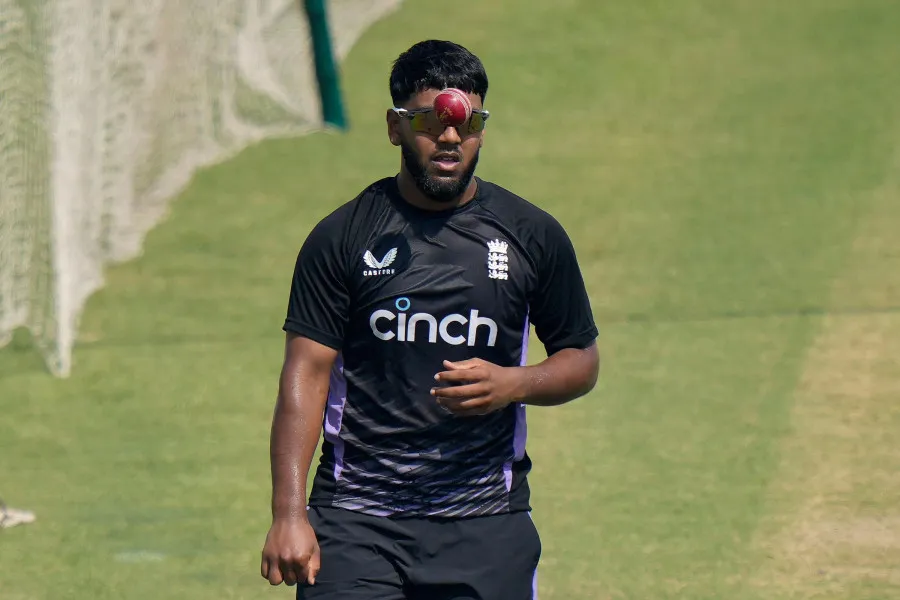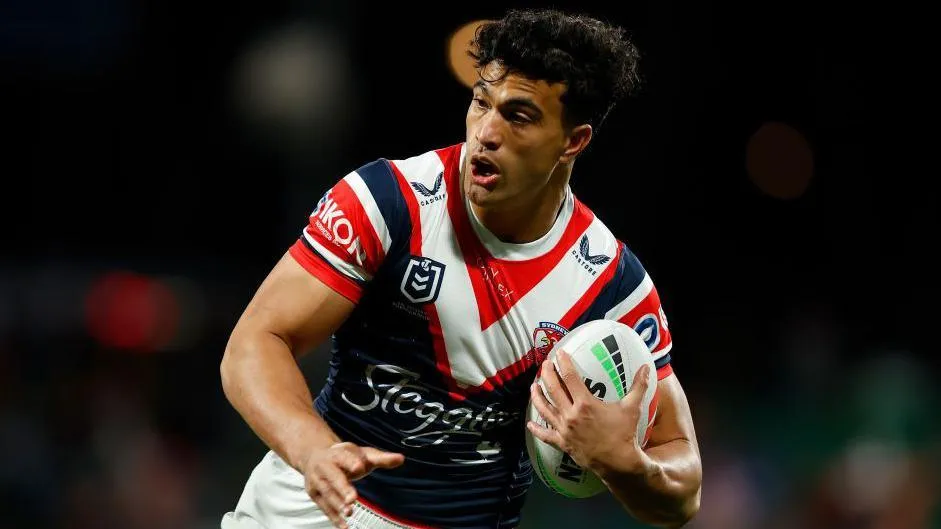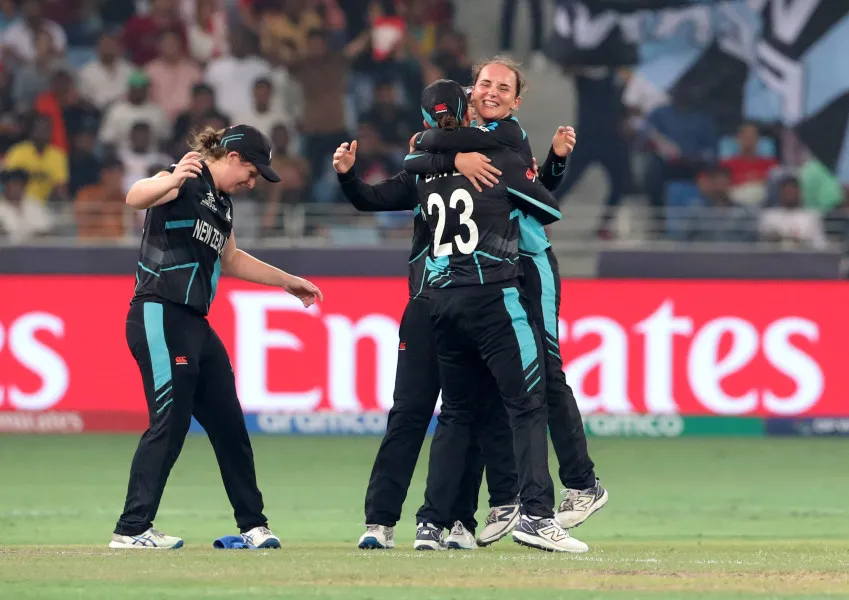In a sweltering Paris, Diaba Konate waves emphatically with a beaming smile as she walks towards our meeting spot near the Louvre. She’s wearing a number 23 jersey. Of course, she is—basketball is her passion.
The 23-year-old point guard has recently returned to her home city after almost six years in the United States, where she enjoyed a successful college career on a full scholarship from Idaho State University, later transferring to UC Irvine and helping them reach the NCAA tournament for the first time since 1995.
Konate rose as a star with the French national youth team, winning medals, including silver in 3×3 basketball at the 2018 Buenos Aires Youth Olympics—an experience she describes as the “best memory” of her career and something she dreamed of recreating at the Paris Olympic Games.
But she has mixed feelings about being back home—because she’s banned from competing in France.
The reason? She wears a hijab.
Last year, when Konate came home for the summer break to play a 3×3 tournament, she discovered she wasn’t allowed to step on the court due to a rule change made by the French Basketball Federation (FFBB) in 2022, which expressly bans any kit “with a religious or political connotation.”
“I just couldn’t believe it,” she says, initially thinking “it was a prank.”
“It cannot happen to me. I thought we were family. Like, it’s me guys—we used to play together, I’m part of you. I’m still the same person, nothing has changed. That really broke my heart.”
It was in the US during the height of the Covid pandemic that Konate chose to start wearing the hijab.
“For the last three years it’s really been my essence and something that’s a part of me,” she says. “I went through a hard time and needed something that would give me hope. I reflected on myself and my identity when everything was uncertain and I was feeling lonely. I was born Muslim so I wanted to learn more about my religion and eventually I found the answers to all of my questions.
“It’s very hypocritical for France to call itself the country of freedom, of human rights, but at the same time not allowing Muslims or their citizens to show who they are.”
Stories like Konate’s have become familiar at all levels of basketball under FFBB governance, meaning hijab-wearing players face restricted access to training and competition opportunities, impacting their social wellbeing.
In a community basketball court in the 19th district of Paris, Salimata Sylla hosts one of her ‘Ball.Her’ sessions—a “safe space” for all women and girls interested in sport, regardless of whether they wear the hijab. Since she started running them around Paris last year, as many as 60 women and girls have attended at a time.
Sylla, once on the French league team Aubervilliers, hasn’t played with them for over a year. In January 2023, moments before she was due to captain Aubervilliers as a point guard, Sylla’s coach had to break the news that the referee would only allow her on the court if she removed her sports hijab. It wasn’t an option for her.
She recalls telling the match official: “You see me like this, and you’re not going to see me any other way.”
“I was humiliated in front of everyone,” Sylla says. “This is the country where I was born and that day they just put me on the side.”





